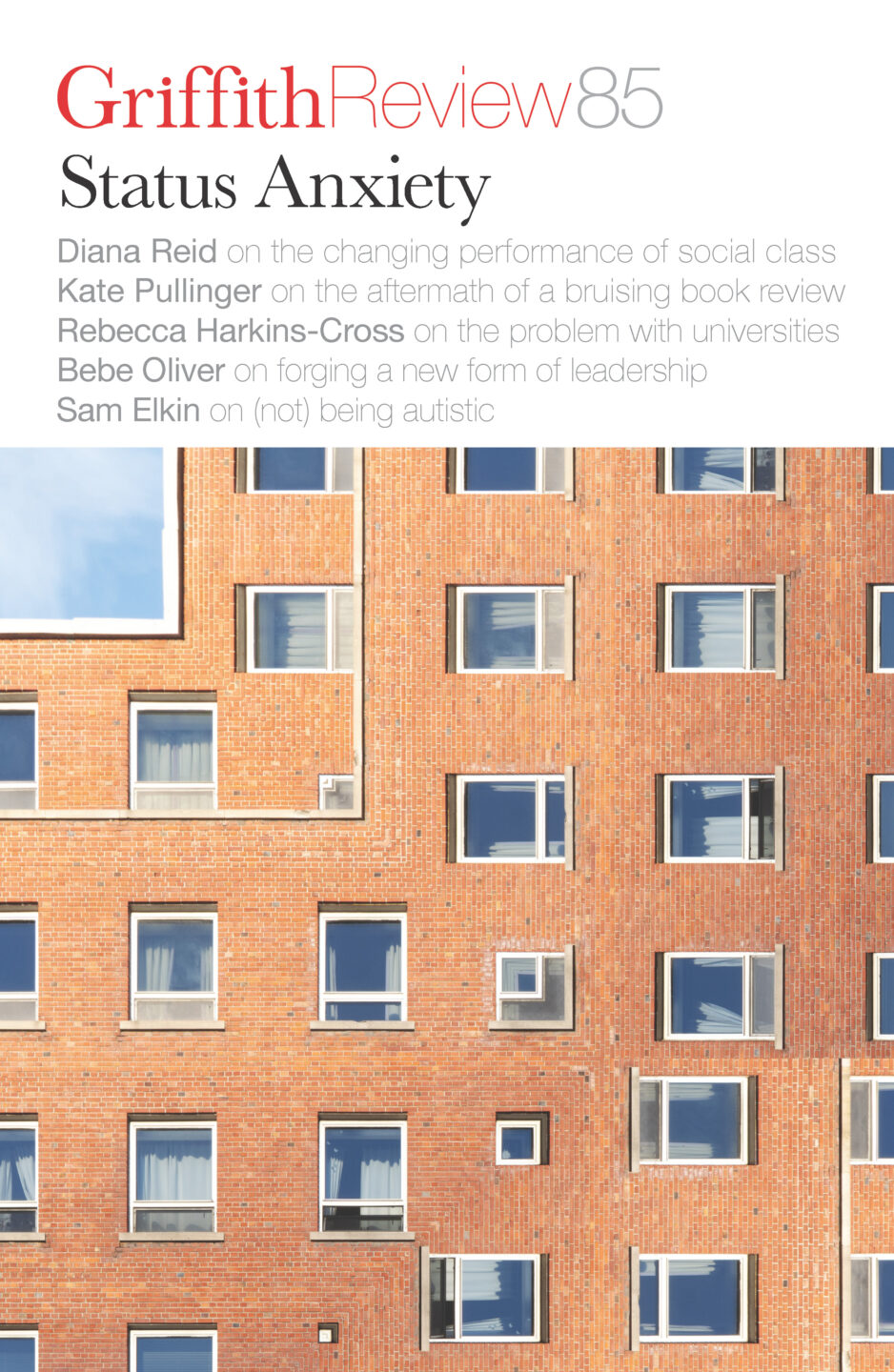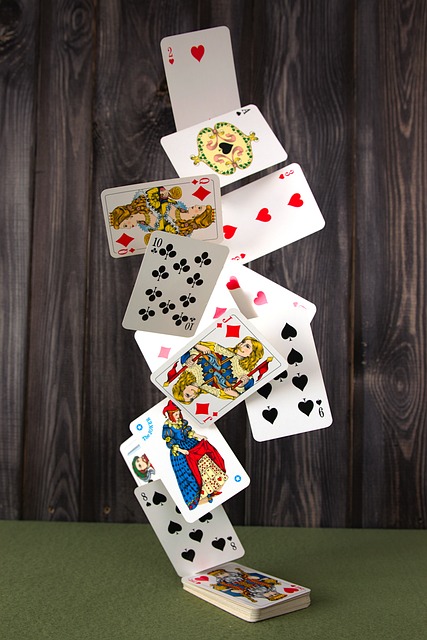Featured in

- Published 20240806
- ISBN: 978-1-922212-98-6
- Extent: 216pp
- Paperback, ePUB, PDF


Already a subscriber? Sign in here
If you are an educator or student wishing to access content for study purposes please contact us at griffithreview@griffith.edu.au
Share article
More from author

A short history of guns in America
FictionThe first firearm was the Chinese fire lance, a gunpowder-filled bamboo tube first depicted on a tenth-century silk banner from the Gansu Province in Western China. Early incarnations of the fire lance were used mainly for shock value in melees – the weapon little more than a glorified firework attached to a spear.
More from this edition

Joker in the pack
IntroductionStatus itself is a little like a riddle: a code to be cracked, a hand in which you can’t see all the cards. Unless you’re Batman, however, the stakes for solving riddles tend to be comfortingly low, whereas the pressures of deciphering status can occupy a far more consequential role in our lives (it’s all fun and games until somebody loses their cultural capital).

Dying of exposure
Non-fictionPublishing is a weird industry, a retail supply service where every day hundreds – thousands – of brand-new, untested products are launched, each one a little bit different to the last. The long-haul career trajectory of most writers is increasingly difficult to maintain with incomes nosediving, as evidenced by multiple surveys. The road is cluttered with novelists brought down by ‘bad track’, their new books rejected because of the poor sales of previous titles. But as readers we still need help to discover good books, to figure out what to read next. As book pages, magazines and newspapers shrink or disappear altogether, it’s no longer clear what impact book reviewers can have on a career. The endorsement of someone whose work – critical or otherwise – you admire remains important to many writers.

Habitat
PoetryIt was early. I recognised my fate in the bathroom mirror. Behind which he slept deep into the morning...